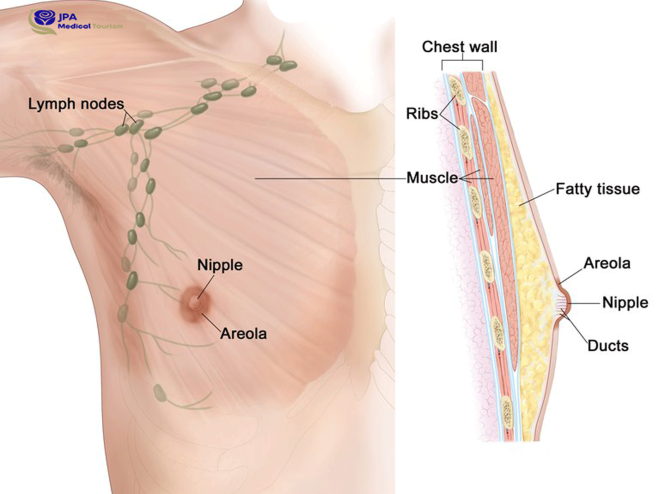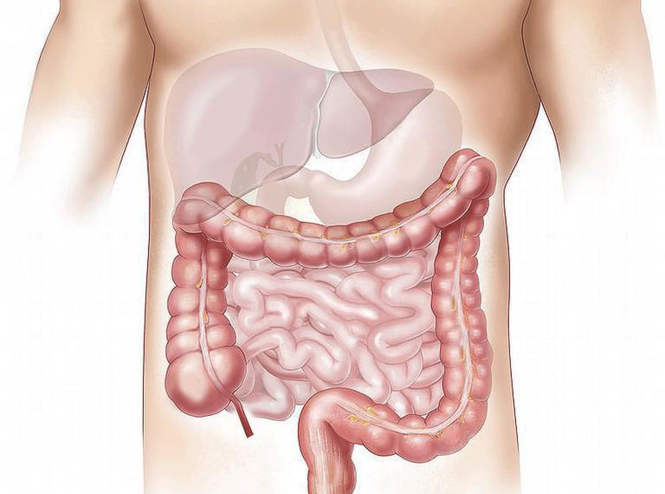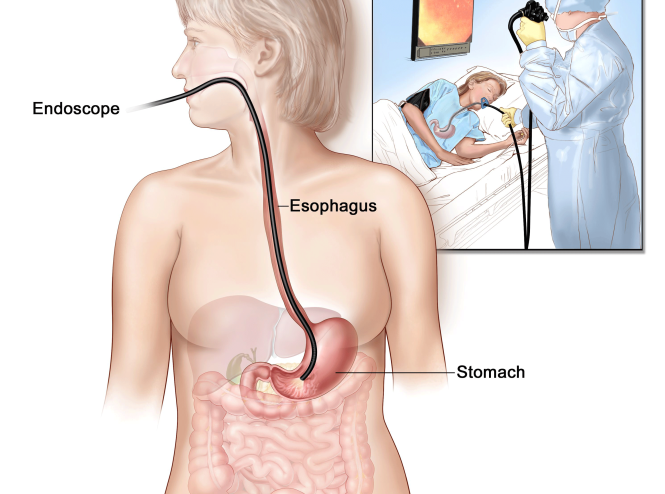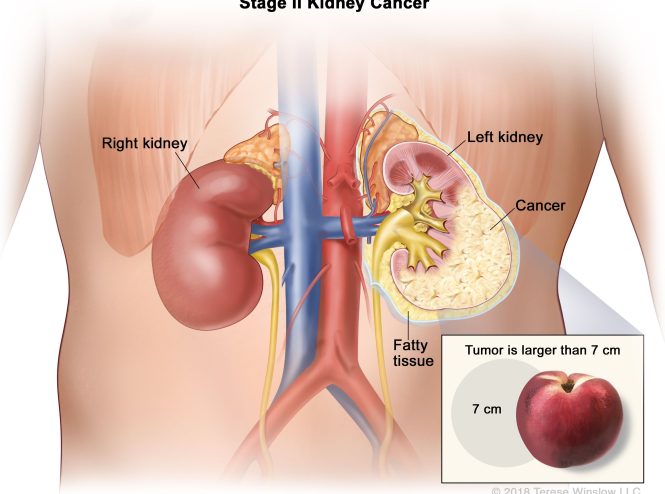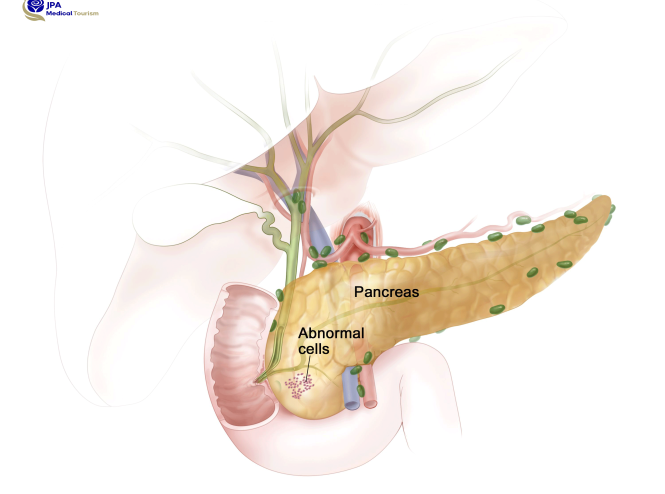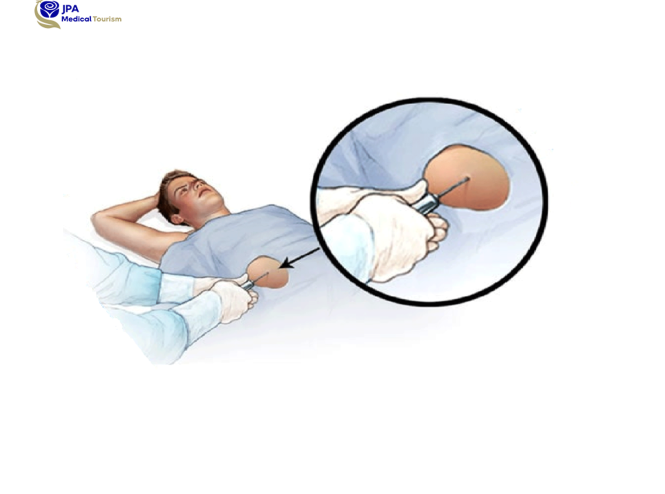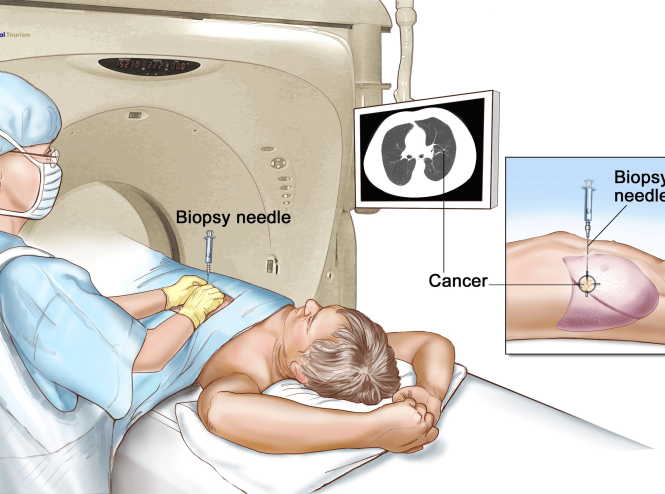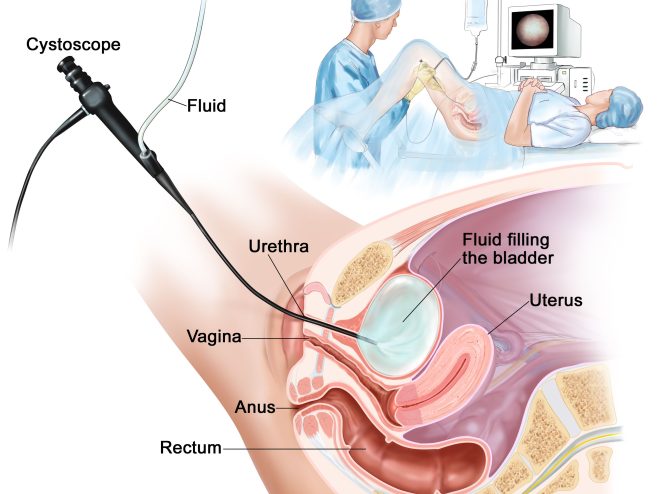All Departments
- Aortic valve stenosis (Aortic stenosis)
- arteriovenous malformations
- Avascular Necrosis
- Best cosmetic dentistry in Iran| Dental Treatment in Iran
- Breast Augmentation in Iran|Breast implant in iran
- Breast Reduction surgery
- Cancer in Iran: oncology in Iran
- Cardiology
- Cataract surgery in Iran
- Cochlear Implant Surgery in Iran
- Cosmetic Laser
- Cosmetic Surgery
- Ear cosmetic surgery
- Eye Care
- Eyelid surgery (Blepharoplasty)
- General Heart Surgery in Iran
- General surgery in Iran
- Glaucoma Treatment In Iran
- Hair Transplant
- Heart valve surgery
- lasik Eye Surgery
- Liposuction
- Non-Surgical Cosmetic procedures in iran
- Organ Transplantation in Iran
- Orthopedic
- Paget disease of bone
- Pediatrics
- Plastic surgery
- Psychiatry
- Radiology
- Rhinoplasty surgery in iran
- Shoulder Replacement Surgery
- SkinCare Treatment
- Spinal cord injury
- urolithiasis procedure in iran
- Urology
- Varicocelectomy
Opening Hours
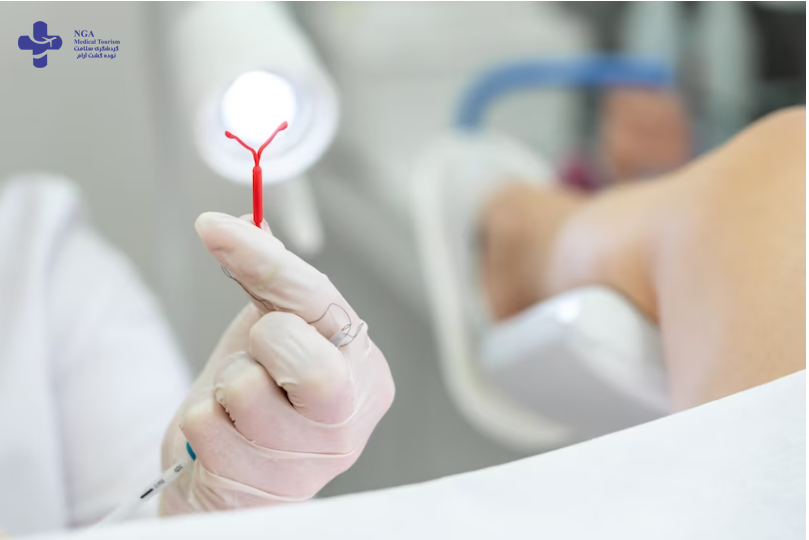
Varicocelectomy
Varicocelectomy is the surgical procedure performed to treat varicocele. During the surgery, the enlarged and twisted veins above the testicles are identified and either tied off or surgically removed. This helps improve blood flow and reduce the symptoms associated with varicocele. Varicocelectomy is often recommended for men experiencing infertility or discomfort due to varicocele. It is a relatively simple procedure and can potentially improve fertility and alleviate symptoms.
Varicocele Surgery in Iran
varicocelectomy surgery
Varicocele surgery is a common procedure performed in Iran for the treatment of varicoceles. Varicoceles are enlarged veins in the scrotum that can cause discomfort and fertility problems in some cases. The surgery aims to repair or remove the affected veins to improve blood flow and alleviate symptoms.
In Iran, varicocele surgery is typically performed by urologists or specialized surgeons. The specific surgical technique used may vary, but the most common approach is a minimally invasive procedure called varicocelectomy, which involves making a small incision and using microsurgical techniques to ligate or remove the dilated veins.
Varicocele surgery in Iran is generally safe and effective, with high success rates in improving symptoms and fertility outcomes. It is advisable to consult with a healthcare professional or urologist for a thorough evaluation and to determine the most suitable treatment approach based on individual circumstances.
What Is Varicocele?
Varicocele is a condition characterized by the enlargement of blood vessels in the scrotum, which can lead to fertility issues. While varicocele itself may not cause severe pain, it is important to seek medical attention if you experience discomfort in the testicles, especially during prolonged standing or strenuous activities.
Typically, varicocele is not easily noticeable, and a physical examination by a doctor is necessary for diagnosis. If you observe any changes in the size, shape, or appearance of the testicles, the presence of a lump in the testis, difficulty conceiving after a year of trying, or swelling of the scrotum, it is recommended to consult a doctor for further evaluation.
If varicocele is suspected, the doctor may suggest diagnostic tests such as ultrasound, semen analysis, and hormonal tests to confirm the diagnosis and determine the underlying cause of the condition. These tests can provide valuable information for proper evaluation and treatment planning.
microscopic varicocelectomy
The procedure is performed using a surgical microscope, which allows for greater precision and accuracy during the surgery.
During microscopic varicocelectomy, small incisions are made in the scrotum, and the veins that are causing the varicocele are identified and isolated. The veins are then ligated, or tied off, and cut to prevent blood from flowing through them. This redirects blood flow to other healthy veins in the scrotum.
Microscopic varicocelectomy is considered a minimally invasive procedure, and it typically has a lower risk of complications than open surgical procedures. The procedure can be performed on an outpatient basis, which means that patients can typically go home the same day as the surgery.
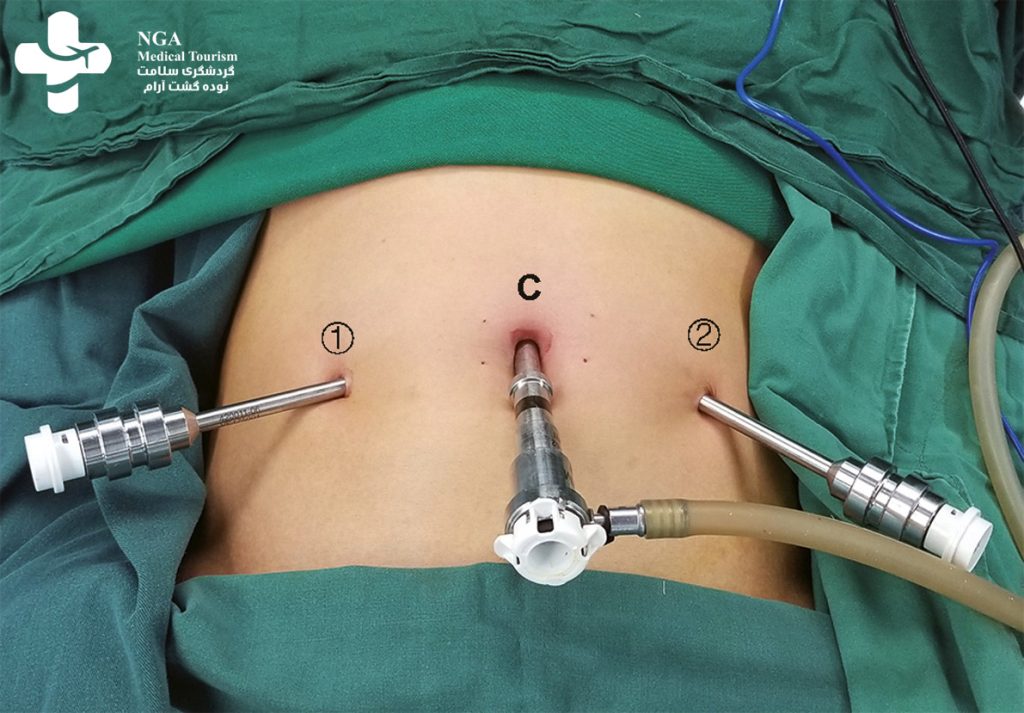
Reasons for Doing Varicocelectomy in Iran
Iran is known for its highly skilled urologists and advanced medical facilities, making it a popular destination for patients seeking surgical treatments for male conditions such as varicocele. The country boasts top-tier hospitals and a pool of experienced and knowledgeable surgeons who specialize in performing varicocelectomy procedures.
One significant advantage of choosing Iran for varicocele surgery is the affordability of the procedure compared to neighboring countries. This cost-effectiveness has attracted many patients who are seeking high-quality treatment at a more accessible price.
varicocele treatment
Varicoceles can be treated in several ways, including:
- Observation: In some cases, varicoceles may not require treatment, especially if they are not causing pain or affecting fertility.
- Surgery: Varicocelectomy is a surgical procedure to treat varicoceles. During the procedure, the veins that are causing the varicocele are ligated, or tied off, and cut to prevent blood from flowing through them. This redirects blood flow to other healthy veins in the scrotum. There are several types of varicocelectomy procedures, including open surgery, laparoscopic surgery, and microscopic surgery.
- Embolization: Varicocele embolization is a minimally invasive procedure that uses a catheter to block the blood flow to the veins that are causing the varicocele. This redirects blood flow to other healthy veins in the scrotum. This procedure is typically performed by an interventional radiologist.
The choice of treatment for varicoceles depends on several factors, including the severity of the varicocele, the age of the patient, and whether the varicocele is causing pain or affecting fertility.
treatment of varicocele without surgery
While surgery is the most common treatment for varicoceles, there are some non-surgical options that may be considered in certain cases. However, it’s important to note that these non-surgical options are generally less effective than surgery.
Observation: In some cases, varicoceles may not require treatment, especially if they are not causing pain or affecting fertility. Your doctor may recommend regular monitoring of the varicocele to ensure it does not worsen over time.
Scrotal support: Wearing a scrotal support, such as a jockstrap or compression underwear, may help relieve discomfort caused by a varicocele.
Medications: There is no specific medication to treat varicoceles, but pain medication, anti-inflammatory medication, or medication to improve blood flow may be used to manage symptoms.
Lifestyle changes: Lifestyle changes such as regular exercise, weight loss, and avoiding tight-fitting clothing may help improve blood flow and reduce symptoms.
varicocele ultrasound
A varicocele ultrasound is a type of medical imaging test that uses sound waves to create images of the scrotum and testicles. It is used to diagnose varicoceles, which are enlarged veins in the scrotum that can cause pain and affect fertility.
During a varicocele ultrasound, a small handheld device called a transducer is moved over the scrotum. The transducer emits high-frequency sound waves that bounce off the tissues in the scrotum and create images on a computer screen. These images can help the doctor identify the location, size, and severity of the varicocele.
Varicocele ultrasound is a non-invasive and painless procedure that does not require any special preparation. Patients may be asked to wear loose-fitting clothing or a gown during the procedure and may need to remove jewelry or other objects that could interfere with the imaging.
Cost of Varicocele Surgery in Iran
The cost of varicocele surgery in Iran can vary based on several factors, including the severity of the condition, the specific surgical technique employed, the facilities available at the hospital, and the surgeon’s fees. On average, the cost of varicocelectomy in Iran typically ranges from $1,300 to $4,500. It is important to consult with a healthcare provider or a medical tourism agency in Iran to obtain more accurate and up-to-date cost information based on individual circumstances and requirements.
Types of Varicocele Surgery in Iran
In Iran, varicocele surgery can be performed using three different methods, depending on the severity and grade of the varicocele. These methods include:
Open varicocelectomy
Open varicocelectomy is a surgical method for treating varicocele. The surgeon uses a surgical microscope or doppler ultrasound to accurately assess the condition of the veins. An incision is then made in the groin or abdomen to access the affected vein. The procedure can be performed under local or general anesthesia and is associated with minimal side effects. Recovery typically takes around two weeks, with patients able to resume daily activities within a few days of the surgery.
Laparoscopic varicocelectomy:
Varicocele embolization:
It is important to consult with a urologist or a healthcare professional in Iran to determine the most suitable varicocele treatment method based on individual circumstances and preferences.
Laparoscopic varicocelectomy
Laparoscopic varicocelectomy is another approach to treat varicocele. It involves making an incision on the abdomen and inserting a laparoscope equipped with a light and camera to locate the damaged vein. Once identified, the swollen vessel is cut and the instruments are removed before closing the incisions with sutures.
Varicocele embolization
Varicocele embolization is an outpatient procedure performed under local anesthesia. It is less commonly used compared to other methods due to its complexity, requiring collaboration between a radiologist and a surgeon. Special tools are inserted through the jugular vein or groin, and a solution is introduced into the damaged vein. This solution helps redirect blood flow away from the testicular veins, reducing swelling.
It is important to consult with a urologist or a healthcare professional in Iran to determine the most suitable varicocele treatment method based on individual circumstances and preferences.
Best Candidates for Varicocele Surgery in Iran
Varicocele surgery is recommended for individuals who experience the following issues:
- Testicular volume asymmetry: When one testicle, typically the left one, is significantly smaller (about 25% reduction) compared to the other.
- Abnormal spermogram test: A semen analysis reveals abnormalities in sperm count, motility, or morphology, indicating potential fertility problems.
- Testicular shape abnormalities: The testis may exhibit abnormal shape or texture, which could be an indication of varicocele.
- Male infertility: Inability to conceive a child within a year of trying to conceive.
- Discomfort and pain: The patient experiences heaviness, tightness, and pain in the scrotum, particularly in the affected testicle. Pain may worsen after strenuous activity or exposure to heat.
- Decreased sperm count: A noticeable reduction in sperm numbers as observed in semen analysis.
Is varicocelectomy dangerous?
While all surgeries carry some degree of risk, varicocelectomy is generally considered a safe and effective procedure with a low rate of complications.
The most common complications associated with varicocelectomy include bleeding, infection, and pain. In rare cases, more serious complications such as damage to the testicular artery, blood clots, or damage to surrounding organs may occur. However, these serious complications are extremely rare and occur in less than 1% of cases.
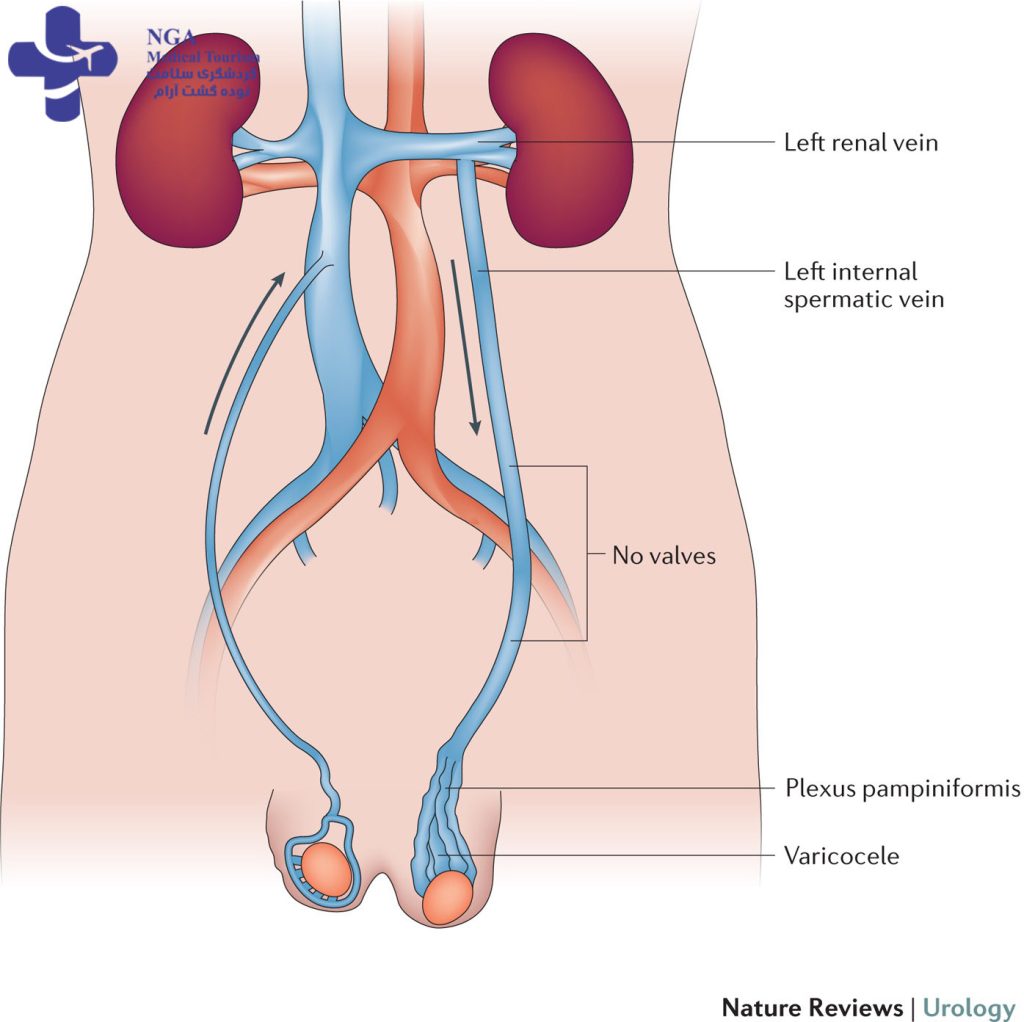
Varicocele Doctor in Iran
Iran is known for having highly skilled and well-trained urologists and varicocelectomy surgeons who have received their education from prestigious universities both in Iran and internationally. Many of these doctors are active members of national and international urology organizations, showcasing their commitment to staying updated with the latest advancements in the field.
The expertise and qualifications of varicocele surgeons in Iran are complemented by their dedication to research and innovation. They are often involved in conducting clinical studies and contributing to the advancement of medical knowledge in the field of urology.
Choosing a qualified and experienced varicocele surgeon is crucial for ensuring a successful surgical outcome and a positive patient experience. In Iran, you can find reputable varicocele surgeons who possess the necessary skills, expertise, and a strong track record of successful surgeries.
It is important to consult with a healthcare professional to discuss your specific condition and treatment options. They will be able to provide you with personalized advice and guide you in making an informed decision about your varicocele surgery.
Best varicocelectomy hospital in Iran
Top hospitals in Iran for varicocelectomy:
- Tehran University of Medical Sciences – Sina Hospital
- Shahid Beheshti University of Medical Sciences – Imam Hossein Hospital
- Isfahan University of Medical Sciences – Al-Zahra Hospital
- Mashhad University of Medical Sciences – Razavi Hospital
- Tabriz University of Medical Sciences – Imam Reza Hospital
These hospitals have skilled specialists and surgeons who perform varicocelectomy procedures. They attract a large number of Iranian and foreign patients due to their reputation and success rates in varicocelectomy surgeries.
Varicocelectomy cost in Iran
Varicocelectomy in Iran is significantly cheaper compared to other countries due to a large number of hospitals and high demand for the procedure. Prices vary depending on the specific procedure and hospital.
Varicocelectomy cost in Iran in comparison with other countries
This surgery costs $4500 in the U.S., $2300 in Europe, $1900 in Thailand and $2300 in Turkey.
Varicocelectomy in Iran: How to Prepare
Prior to undergoing varicocelectomy in Iran, it is important to keep the following points in mind:
Complete the recommended blood tests and semen analysis as prescribed by your doctor.
Shave the surgical area the night before the procedure, as instructed by your healthcare provider.
Refrain from taking any blood thinners or herbal supplements starting 24 hours before the surgery, unless advised otherwise by your doctor.
Adhere to the fasting instructions provided by your healthcare team, typically requiring you to abstain from eating or drinking for at least 12 hours prior to the operation.
Arrange for someone to accompany you and drive you home after the procedure, as you may experience temporary discomfort or drowsiness.
To support your overall health and recovery, it is advisable to cease smoking and drinking alcohol for approximately one week prior to the surgery.
Following these guidelines will help ensure a smooth and successful varicocelectomy procedure in Iran. However, it is important to consult with your healthcare provider for personalized instructions based on your specific medical condition and needs.
Possible Complications of Varicocele Surgery in Iran
Varicocele surgery, like any other surgical procedure, has its own set of advantages and potential complications. The benefits of varicocele surgery include alleviation of pain, improvement in sperm production, and resolution of fertility issues. However, it is important to be aware of the possible complications that may arise after undergoing varicocelectomy in Iran, such as:
- Incision site pain: Discomfort or pain at the site where the surgical incision was made.
- Nausea: Feeling of sickness or queasiness, which can occur as a side effect of anesthesia or post-operative medication.
- Fever: A temporary increase in body temperature, often as a response to the surgical procedure or infection.
- Urination difficulties: Temporary difficulties or discomfort during urination, which can occur due to the proximity of the surgical site to the urinary system.
- Wound infection or bleeding: The risk of infection or bleeding at the incision site, although these complications are relatively rare.
- Numbness in the scrotum: Temporary loss of sensation or numbness in the scrotal area, which may occur as a result of nerve involvement during the surgery.
- Varicocele recurrence: In some cases, varicoceles may reoccur after surgery, requiring further intervention.
- Hydrocele: The accumulation of fluid around the testicles, which may occur as a complication of surgery.
- Testicular atrophy: A decrease in the size of the testis, which is a rare complication but can potentially occur.
It is important to discuss these potential complications with your surgeon in Iran and follow their post-operative instructions to minimize risks and promote a successful recovery.
Varicocelectomy in Iran: Aftercare
varicocelectomy recovery
After undergoing varicocelectomy, it is important to follow certain guidelines to ensure a smooth recovery. Here are some tips to consider during the two-week recovery period:
- Avoid exercise and heavy lifting: Refrain from engaging in strenuous physical activities that may strain the surgical site.
- Stay hydrated: Drink an adequate amount of water to promote hydration and overall healing.
- Apply ice pack: To reduce swelling, apply an ice pack to the testis a few times a day as recommended by your doctor.
- Minimize walking: Limit excessive walking in the initial days following surgery, unless necessary.
- Dressing removal and bathing: Typically, after two to three days, if there is no discharge, you may remove the dressing and take a bath.
- Take prescribed medications: Adhere to the medication schedule provided by your doctor to manage pain and prevent infection.
- Sexual intercourse restriction: Refrain from sexual intercourse for at least 15 days after the surgery to allow proper healing.
- Contact your doctor: If you experience abnormal discharge, swelling, bleeding, or develop a severe fever, contact your doctor promptly.
- Manage pain: If you experience significant pain, take the prescribed painkillers as directed by your doctor.
- Avoid swimming: It is advisable to avoid swimming during the recovery period to prevent any complications or infection.
Following these guidelines and staying in regular communication with your doctor in Iran will help ensure a successful recovery from varicocelectomy.
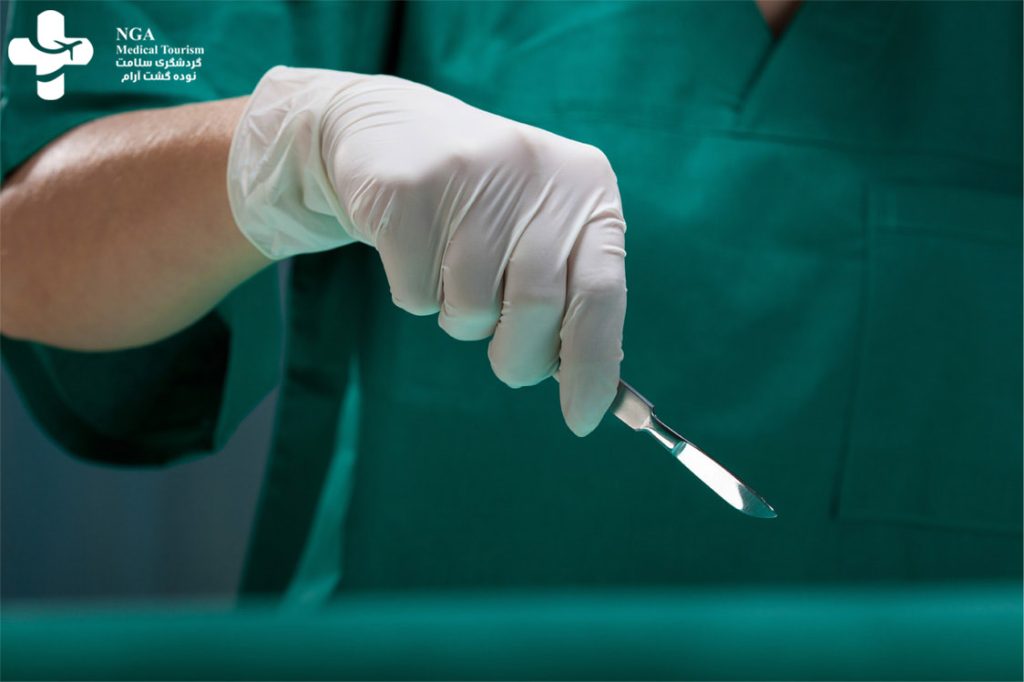
Conclusion
In conclusion, varicocele surgery is a common and effective treatment for varicoceles, which are enlarged veins in the scrotum that can cause discomfort and fertility problems. The surgery involves ligating or removing the affected veins, which helps to improve blood flow and reduce swelling. There are several surgical approaches to varicocele treatment, including open surgery, laparoscopic surgery, and percutaneous embolization. The choice of surgery depends on the severity of the varicocele, the patient’s age and overall health, and the surgeon’s expertise. While varicocele surgery is generally safe and well-tolerated, there are some risks and potential complications, such as infection, bleeding, and recurrence. Therefore, it is important for patients to discuss the benefits and risks of surgery with their healthcare provider and to follow post-operative instructions carefully to ensure a successful recovery.
Frequently Asked Questions About Varicocele Surgery in Iran
Varicocele surgery involves some discomfort, but severe pain is not expected. Pain management strategies are provided to minimize any post-operative discomfort.
Yes, varicocele surgery in Iran can effectively improve semen quality and increase the chances of fertility for individuals with varicocele. Considering surgical treatment in Iran is a suitable option for those seeking to overcome fertility issues associated with varicocele.
Typically, varicocele will resolve within two months following surgery, but the duration may vary depending on the severity of the condition. In some cases, it may take a shorter or longer time for varicocele to completely disappear after the surgical procedure.
The risk of varicocele recurrence after varicocelectomy varies depending on the treatment technique and the severity of the condition. On average, approximately one in ten men may experience a recurrence of varicocele following the surgical procedure.
While you may be discharged from the hospital one day after varicocele surgery, it is generally recommended to stay in Iran for about two weeks for post-operative care and follow-up appointments with your doctor. This allows for proper monitoring of your recovery and ensures that any potential complications or concerns can be addressed effectively.
Breast Cancer Treatment in Iran
The most common cancer treatment in Iran is chemotherapy, but ...
Colon Cancer Treatment in Iran
The treatments for colorectal cancer usually involve surgery to remove the cancerous tumor
Stomach Cancer Treatment in Iran
The most common types of stomach cancer treatment are surgery ..
Kidney Cancer Treatment in Iran
Kidney cancer is usually treated with surgery, targeted therapy, immunotherapy ...
Pancreatic Cancer Treatment in Iran
Pancreatic cancer treatments are surgery, chemotherapy
liver Cancer Treatment in Iran
The most effective liver cancer treatments are surgery and localized treatments
Lung Cancer Treatment in Iran
Lung cancer can be treated with surgery, chemotherapy, radiation therapy..
Bladder Cancer Treatment in Iran
Bladder cancer is usually treated using surgery, Chemotherapy...



